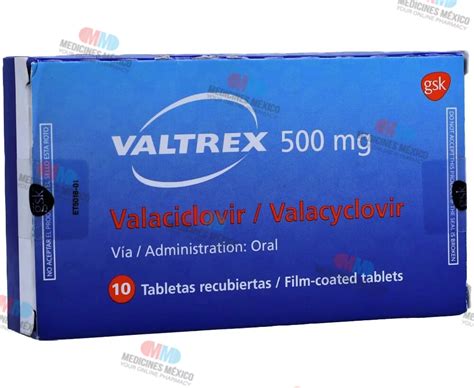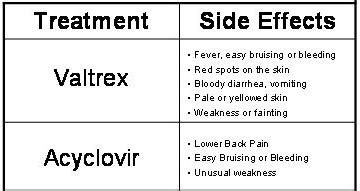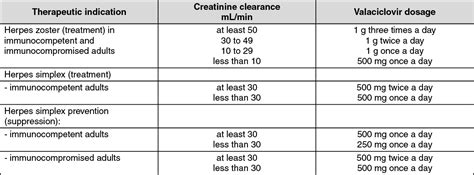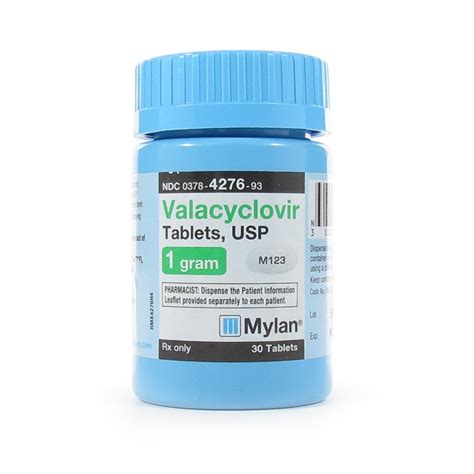Intro
Discover the Valtrex Medication Guide, covering dosage, side effects, and interactions for herpes treatment, cold sores, and genital herpes management with antiviral drugs.
Valtrex is a medication that has been widely used to treat various viral infections, particularly those caused by the herpes simplex virus (HSV) and varicella-zoster virus (VZV). The importance of understanding Valtrex and its applications cannot be overstated, as it has become a crucial tool in managing and preventing the spread of these infections. For individuals suffering from genital herpes, cold sores, or shingles, Valtrex offers a beacon of hope in alleviating symptoms and improving quality of life. As we delve into the world of Valtrex, it becomes clear that this medication is not only effective but also relatively safe when used as directed.
The mechanism of action of Valtrex is rooted in its ability to inhibit viral DNA synthesis, thereby reducing the replication of the virus. This is achieved through the active ingredient valacyclovir, which is converted into acyclovir in the body. Acyclovir then selectively targets and inhibits the viral DNA polymerase, preventing the virus from replicating and causing further damage. Understanding how Valtrex works is essential for appreciating its benefits and potential side effects. By grasping the underlying science, individuals can make informed decisions about their treatment options and engage in open discussions with their healthcare providers.
The applications of Valtrex are diverse and widespread, encompassing the treatment of genital herpes, cold sores, and shingles, among other conditions. For individuals living with genital herpes, Valtrex offers a means of managing symptoms, reducing the frequency of outbreaks, and minimizing the risk of transmission to sexual partners. Similarly, for those afflicted with cold sores, Valtrex can help alleviate the discomfort and embarrassment associated with these unsightly lesions. As research continues to uncover the full potential of Valtrex, it is becoming increasingly clear that this medication plays a vital role in the fight against viral infections.
What is Valtrex?

How Does Valtrex Work?
The mechanism of action of Valtrex involves the inhibition of viral DNA synthesis, which is essential for the replication of the virus. The active ingredient valacyclovir is converted into acyclovir in the body, which then selectively targets and inhibits the viral DNA polymerase. This prevents the virus from replicating and causing further damage. The benefits of Valtrex are numerous, including reduced symptom severity, decreased frequency of outbreaks, and minimized risk of transmission to others.Benefits of Valtrex

Common Uses of Valtrex
Valtrex is commonly used to treat a range of viral infections, including: * Genital herpes: Valtrex can help manage symptoms, reduce the frequency of outbreaks, and minimize the risk of transmission to sexual partners. * Cold sores: Valtrex can alleviate the discomfort and embarrassment associated with cold sores, reducing the severity and frequency of outbreaks. * Shingles: Valtrex can help manage symptoms, reduce the severity of the condition, and minimize the risk of complications.Side Effects of Valtrex

Precautions and Warnings
It is essential to take Valtrex as directed and follow the recommended dosage to minimize the risk of side effects. Individuals with certain medical conditions, such as kidney or liver disease, should exercise caution when taking Valtrex. Additionally, Valtrex can interact with other medications, including blood thinners and immunosuppressants, so it is crucial to inform healthcare providers about all medications being taken.Valtrex Dosage and Administration

Valtrex Interactions
Valtrex can interact with other medications, including: * Blood thinners: Valtrex can increase the risk of bleeding when taken with blood thinners. * Immunosuppressants: Valtrex can increase the risk of infection when taken with immunosuppressants. * Probenecid: Valtrex can increase the levels of probenecid in the body, leading to increased side effects.Valtrex and Pregnancy

Valtrex and Breastfeeding
Valtrex is excreted in breast milk, but the amounts are typically small and not considered significant. However, it is crucial to consult with a healthcare provider before taking Valtrex while breastfeeding, as the benefits and risks must be carefully evaluated.Valtrex Resistance

Valtrex Alternatives
There are alternative medications available for the treatment of viral infections, including: * Acyclovir: A nucleoside analog that is similar to Valtrex. * Famciclovir: A prodrug that is converted into penciclovir in the body. * Valganciclovir: A nucleoside analog that is used to treat cytomegalovirus (CMV) infections.What is Valtrex used for?
+Valtrex is used to treat viral infections caused by the herpes simplex virus (HSV) and varicella-zoster virus (VZV), including genital herpes, cold sores, and shingles.
How does Valtrex work?
+Valtrex works by inhibiting the replication of the virus, thereby reducing the severity and frequency of symptoms.
What are the common side effects of Valtrex?
+Common side effects of Valtrex include nausea, headache, fatigue, and dizziness.
Can I take Valtrex while pregnant or breastfeeding?
+Valtrex is generally considered safe to use during pregnancy, but it is essential to consult with a healthcare provider before taking the medication. Valtrex is excreted in breast milk, but the amounts are typically small and not considered significant.
What are the alternatives to Valtrex?
+Alternative medications to Valtrex include acyclovir, famciclovir, and valganciclovir.
As we conclude our exploration of Valtrex, it becomes clear that this medication has revolutionized the treatment of viral infections. By understanding the benefits, mechanisms, and potential side effects of Valtrex, individuals can make informed decisions about their treatment options and take control of their health. We invite you to share your thoughts and experiences with Valtrex, and to join the conversation about the importance of antiviral medications in modern healthcare. Whether you are a healthcare professional, a patient, or simply an interested reader, we encourage you to engage with this topic and explore the many resources available for learning more about Valtrex and its applications.
